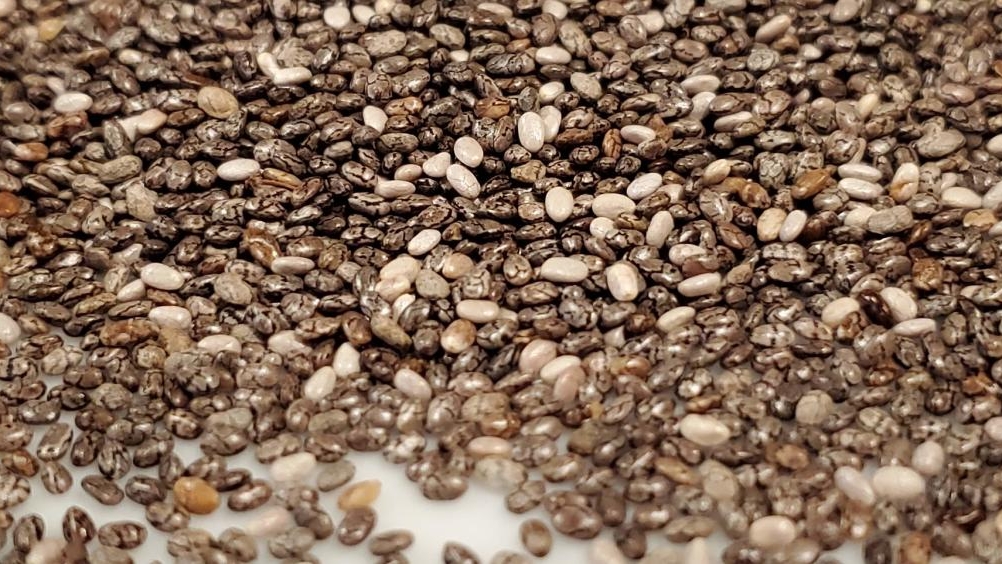
The humble chia seed, a nutrient-dense powerhouse, has been gaining considerable attention in the field of health and nutrition. Researchers from Oregon State University have embarked on a revolutionary endeavor to sequence the genome of chia seeds, unveiling its potential as a climate-resistant crop and a promising remedy for several chronic disorders.
Chia Seeds: A Nutrient-Rich Minor Crop
Chia, primarily grown in regions with a climate similar to South America, is being recognized as an essential minor crop due to its ability to flourish in small areas that are unsuitable for traditional grain crops. This characteristic makes it an invaluable tool in mitigating the effects of climate change while addressing the issues of resource conflicts and economic instability. Moreover, the study encourages further interest in growing chia in other regions with similar climate conditions, such as Oregon, in response to the growing global demand for nutritious foods.
Unleashing the Health Benefits of Chia
Chia seeds, loaded with fiber, healthy fats, and protein, have been found to potentially address a range of health conditions. From combating high blood pressure and inflammation to potentially playing a role in cancer treatment, chia seeds could provide a significant boost to human health. The research outlines that chia seeds can improve heart health and are a good source of omega-3 fatty acids and fiber.
The Chia Genome: A Blueprint for Future Health Research
The groundbreaking research involved sequencing the chia genome, thereby identifying genes associated with enhancing nutrition and desirable properties for pharmaceuticals. This discovery can play a pivotal role in future health and nutritional research, as the genetic markers identified can be used to breed chia varieties with enhanced traits that could benefit human health.
Potential Impact on Diet Diversification and Nutrition Improvement
The research not only underscores the health benefits of chia seeds but also highlights the importance of diversifying the human diet by breeding and genetically improving nutrient-rich minor crops like chia. According to Associate Professor Sushma Naithani, such crops can assist in diversifying diets and enhancing overall nutrition.
Looking Forward: Uncovering More Benefits
The research also opens up possibilities to study chia seeds for their potential to improve human health and further our understanding of its nutritional benefits. By releasing the chia genome data via its genome portal, the researchers have provided a valuable resource for agricultural researchers, which could lead to the breeding of the plant to amplify traits valuable to human health.
In conclusion, the study emphasizes the importance of improving seed access and quality to overcome the challenges posed by climate change. It also points toward a future where the cultivation of nutrient-rich crops like chia seeds can contribute to better human health and a more resilient agricultural system.
